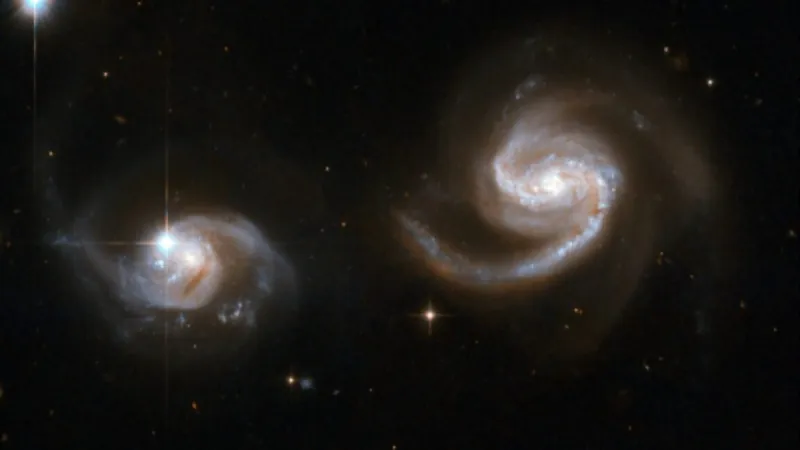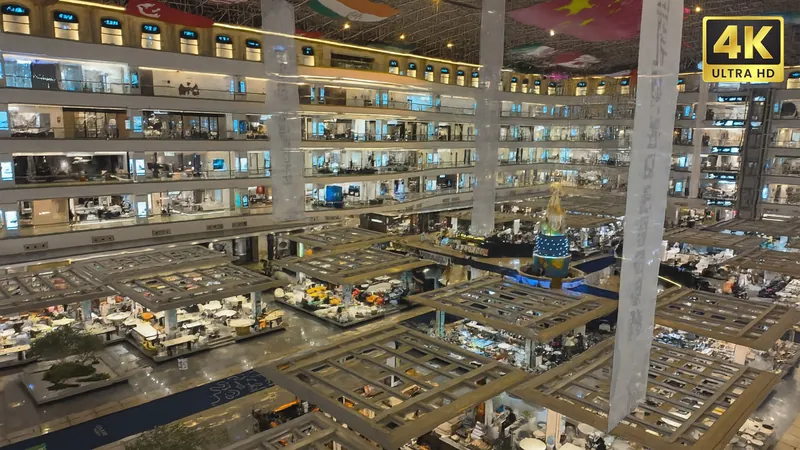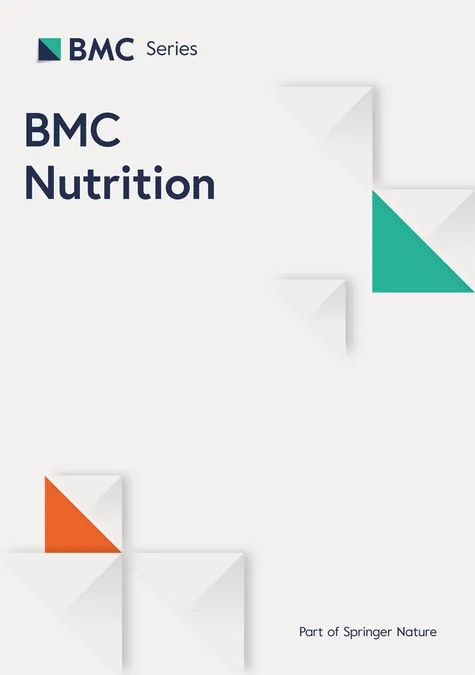
The Shocking Truth: Milky Way's Collision with Andromeda May Not Happen!
2025-06-03
Author: Olivia
For over a century, we've believed that our Milky Way galaxy was on a collision course with the Andromeda galaxy, set to merge into an even larger galaxy in the next 5 billion years. But a groundbreaking new study published in the journal *Nature Astronomy* is challenging that long-held belief, presenting a surprising twist that could change everything!
This fresh analysis reveals that the probability of a catastrophic collision between these two cosmic giants might be as unpredictable as a coin toss—about a 50% chance! Yes, you heard that right! There's an equal likelihood that they could dodge each other during the next 10 billion years!
A Deep Dive into the Local Group
Both the Milky Way and Andromeda galaxies are part of a cosmic neighborhood known as the Local Group (LG), which includes several other smaller galaxies and mysterious dark matter yet to be fully understood. Interestingly, insights from this new research highlight that both Milky Way and Andromeda already bear the scars of past interactions with other galaxies.
"Predicting future mergers requires precise measurements of coordinates, velocities, and masses of the galaxies involved," the researchers explained. It’s not just about gravitational forces; galactic dynamics also play a crucial role in determining the fate of these cosmic interactions.
From Simulation to Reality
This study made use of cutting-edge data from the Hubble Space Telescope and the European Space Agency's Gaia telescope, running a whopping 100,000 Monte Carlo simulations. The conclusions? The chance of collision remains tantalizingly close to 50%. There remains around a 2% chance of a collision occurring within the next 4 to 5 billion years.
Galactic Dynamics: A Game of Pull
But there are additional complications! Two other galaxies in the Local Group, M33 and the Large Magellanic Cloud (LMC), come into play. The presence of M33 could slightly increase the odds of a collision, but the LMC's unique orbit actually works to pull the Milky Way away from Andromeda, reducing the chance of a crash.
Co-author Till Sawala from the University of Helsinki stated, "The Milky Way and Andromeda could remain in the same orbital plane and still avoid a collision. They might just pass each other by!" This adds a fascinating layer of complexity to our understanding of these celestial bodies.
Are Textbooks in for a Rewrite?
So, should we start rewriting those textbooks? Not just yet. This exciting new data is a stepping stone, but more research is essential to confirm these groundbreaking findings.
Sawala notes, "It’s ironic that with more precise data from Hubble, our predictions are now less certain. As we delve deeper, it’s clear we need an even clearer picture before making definitive claims about the Milky Way's fate."
The cosmos, it seems, still has plenty of surprises up its sleeve!









 Brasil (PT)
Brasil (PT)
 Canada (EN)
Canada (EN)
 Chile (ES)
Chile (ES)
 Česko (CS)
Česko (CS)
 대한민국 (KO)
대한민국 (KO)
 España (ES)
España (ES)
 France (FR)
France (FR)
 Hong Kong (EN)
Hong Kong (EN)
 Italia (IT)
Italia (IT)
 日本 (JA)
日本 (JA)
 Magyarország (HU)
Magyarország (HU)
 Norge (NO)
Norge (NO)
 Polska (PL)
Polska (PL)
 Schweiz (DE)
Schweiz (DE)
 Singapore (EN)
Singapore (EN)
 Sverige (SV)
Sverige (SV)
 Suomi (FI)
Suomi (FI)
 Türkiye (TR)
Türkiye (TR)
 الإمارات العربية المتحدة (AR)
الإمارات العربية المتحدة (AR)